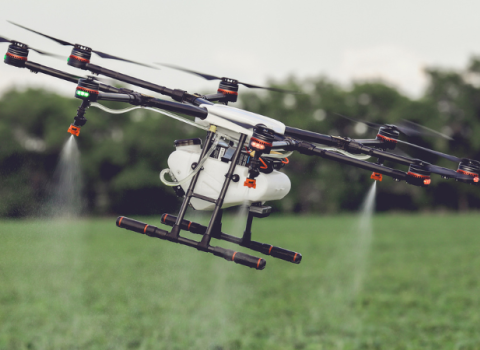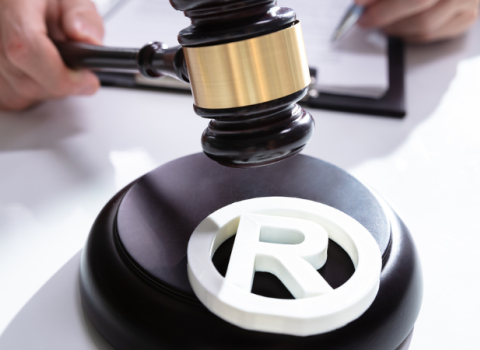
Stem cells. Picture courtesy ReNeuron
The seven judges that comprise the EPO's highest appeals body heard arguments from Wisconsin Alumni Research Foundation (WARF) and from lawyers representing the EPO, which had initially refused to grant WARF a patent for a preparation of primate (including human) embryonic stem cells.
The patent application, which was originally filed at the EPO in 1995, describes a method by which primate embryonic stem cells derived from an embryo can be maintained in vitro for a long period of time without losing their potential to differentiate into any cell of the body.
Four years ago an EPO Examining Division refused to grant a patent for the application on the grounds that it was found to be not consistent with the European Patent Convention (EPC). One of the main reasons for the refusal was that the disclosed method of obtaining stem cells used as the starting material a primate (including human) embryo which was destroyed in the process.
The enlarged board of appeal will announce its verdict in the coming months, said a spokesman at the EPO.
“This will be a fundamental ruling on the question of whether human embryonic stem cells can be patented or not,” said the spokesman, Rainer Osterwalder.
Whichever way the judges decide, their decision will have a harmonising effect across Europe, where different countries interpret the European Patent Convention differently on the question of patenting human life.
However, countries will still be able to take differing positions of patent claims filed in their own territories. The UK takes a far more liberal attitude to patenting in this area than, say, Germany and Italy.
“The law on stem cells is approaching an important junction. The outcome of this appeal will be hugely important not just for researchers but for those wishing to commercialise breakthroughs in stem cell-related research,” said Julian Hitchcock, a senior solicitor in the Cambridge office of law firm Mills & Reeve.





 A unique international forum for public research organisations and companies to connect their external engagement with strategic interests around their R&D system.
A unique international forum for public research organisations and companies to connect their external engagement with strategic interests around their R&D system.